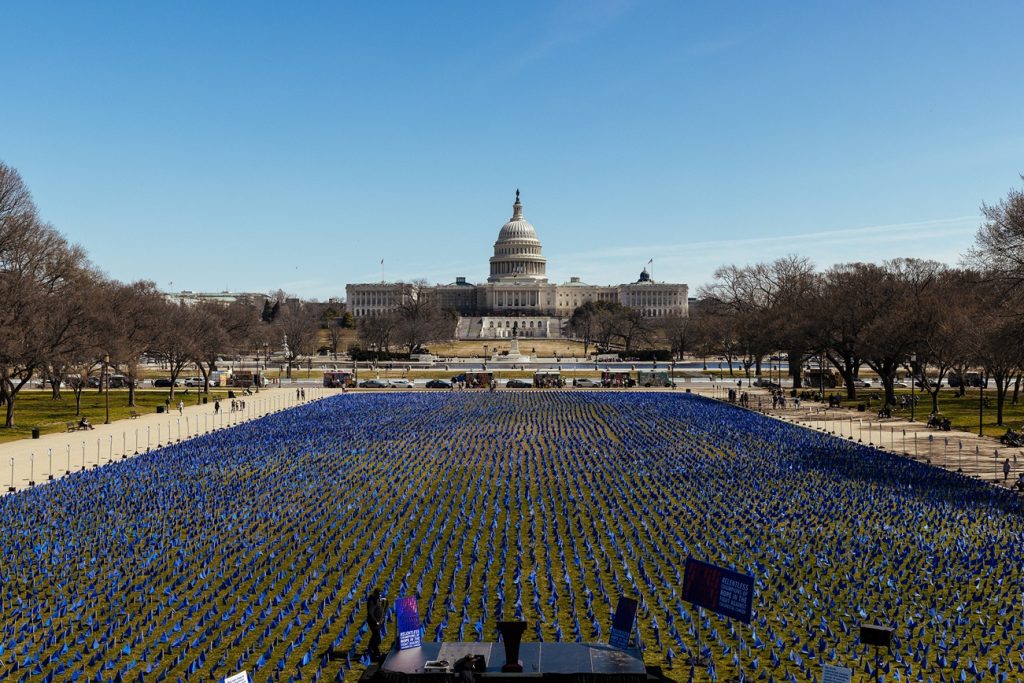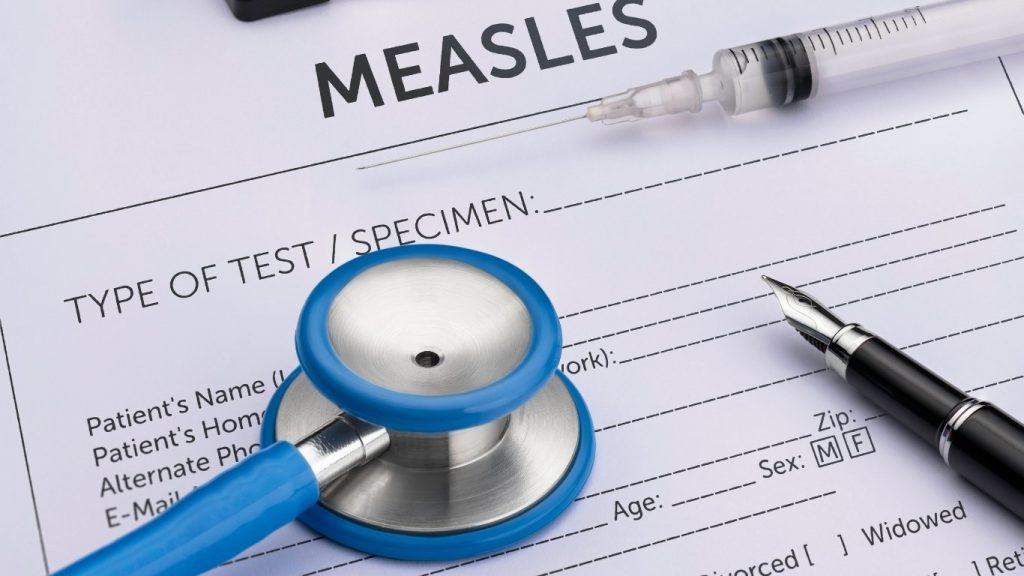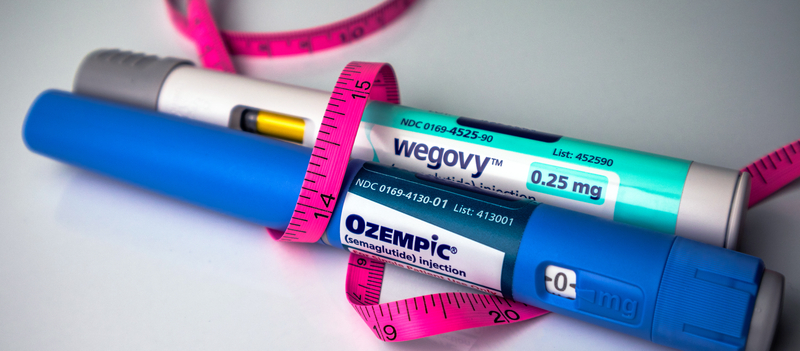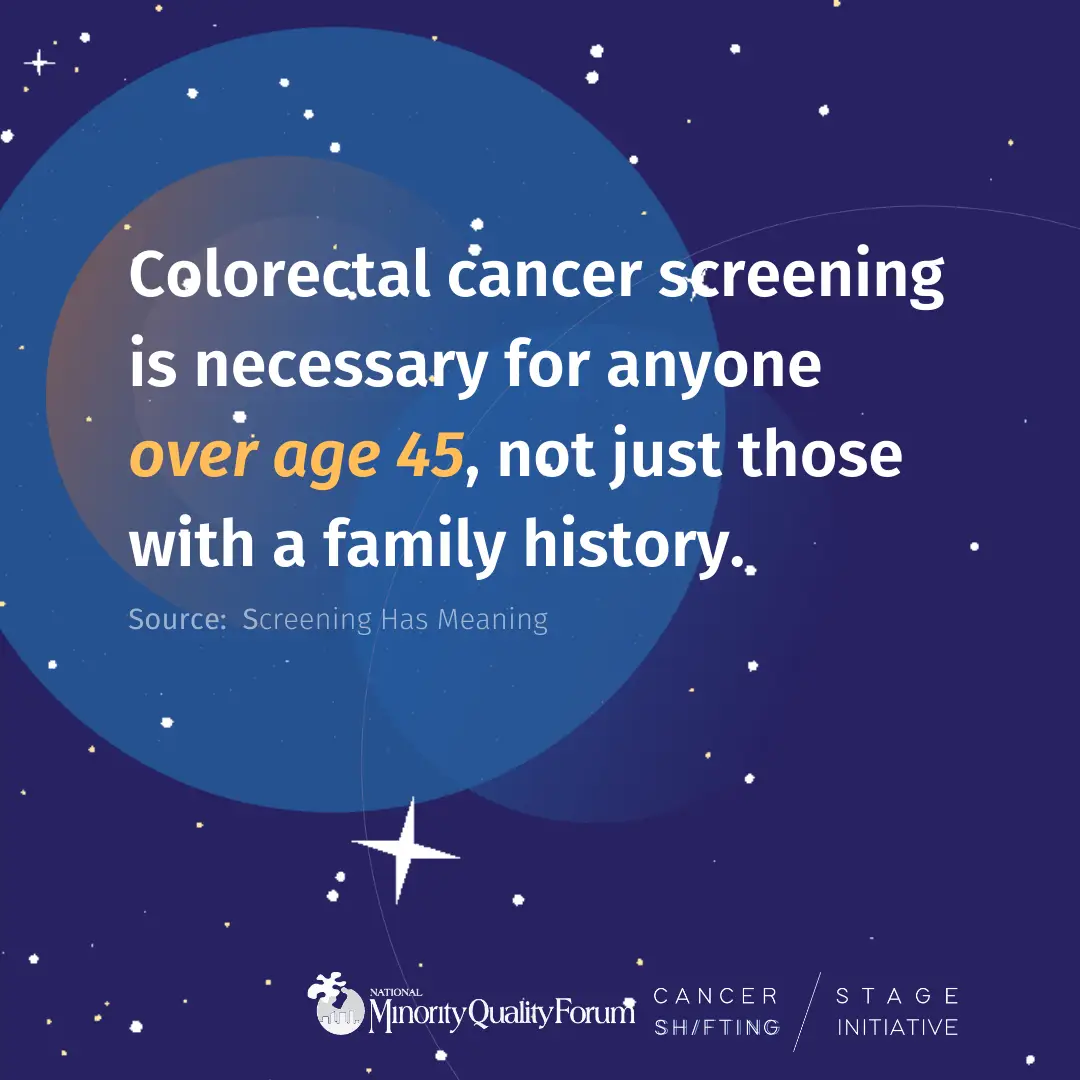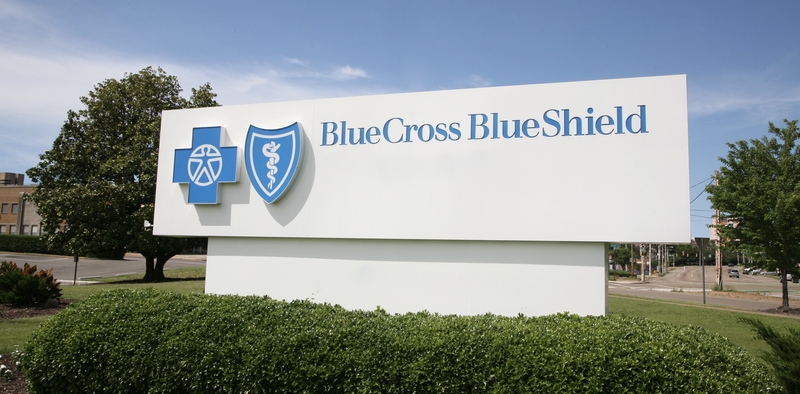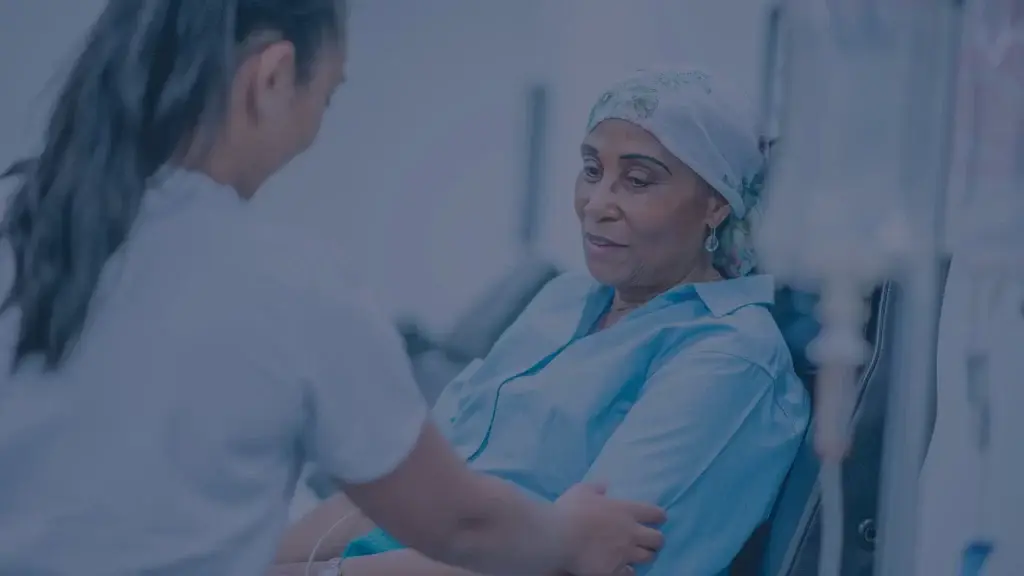
The COVID-19 pandemic and the murder of George Floyd brought to national attention inequities in the provisioning of health care in the United States—inequities that endanger the lives of millions of Americans. Those two historic events gave rise to the health equity movement (HEM), committed to addressing long-standing injustice. Leaders of HEM recognize that the legacy health care system creates inequities by design because it is a tiered scheme that marginalizes people of color and others who are adversely affected by persistent poverty.
If these inequities are to be resolved, then we must reimagine health care financing and delivery systems in the US. Health care financing must align with science, which teaches us that life is emergent from the physical laws of nature. This fidelity can be articulated in two axiomatic statements: Every patient should have access to appropriate care, and health care financing and delivery should not elevate a patient’s risk for a poor outcome or a poor quality of life. These HEM axioms can be summarized as patient risk mitigation.
“If inequities are to be resolved, then we must reimagine health care financing and delivery systems in the US.”
The War on Cancer Reveals One of the Fault Lines between the Legacy System and HEM
There has been substantial progress in cancer treatment, screening, diagnosis, and prevention over the past several decades, but disparities remain. Lower socioeconomic groups, certain racial/ethnic populations, and geographically isolated populations tend to exhibit higher cancer-death rates, less frequent use of proven screening tests, and higher rates of advanced cancer diagnoses. These disparities are not irregular occurrences but rather are stable patterns that characterize legacy health care.
Early cancer detection improves long-term health outcomes. However, many cancers do not have screening tools. Only five cancers (breast, colorectal, cervical, lung, and prostate cancers) have early detection tests and associated screening recommendations. Extending early detection to other cancers may improve long-term health outcomes for ethnic and racial minorities who often receive late-stage diagnoses for cancers without screening tools.
Early Detection Can Lead to Less-Intensive Treatments and Better Patient Outcomes
With the commercial launch of Galleri, a multi-cancer early detection (MCED) screening, a paradigm shift in cancer care has occurred, with other MCEDs soon to be available. An MCED test simultaneously detects and localizes multiple cancers from a single blood draw. MCEDs amplify existing screening by working with them to increase the absolute number of cancers detected, including those lacking recommended screening programs. They are able to detect many cancers that otherwise would go undetected until later stages, when signs or symptoms appear. MCEDs portend an overall stage shift in cancer care (from late to early stage), with the potential for less-intensive treatments and better patient outcomes.
MCEDs are breakthrough science, but unfortunately government health insurance (Medicare and Medicaid), which covers 45 percent of the American public, is reacting lethargically with outdated policies that could delay access for minorities and the poor for up to 10 years. Meanwhile, the affluent, who have health insurance or can pay out of pocket, will be able to get the screenings now. The consequence will be greater inequities in cancer care. Minorities and poor people will die disproportionately from late-stage metastatic cancers, and the affluent will have a survival benefit having their cancer diagnosed at an early stage. Left to its own devices, the legacy health care financing system will be elevating the metastatic cancer risk for Black, brown, and poor people by inaction.
MCEDs have brought us to the end stage of the war on cancer. The ability to diagnose and treat cancer before patients are symptomatic offers a paradigm shift in cancer care. It raises the possibility that in the future we will treat cancer at very early stages of the disease, greatly reducing—if not eliminating—cancer as a life-threatening illness!
To realize the promise of MCEDs for all Americans, HEM is calling for immediacy in the coordination of policy and science to validate and create access to MCEDs while simultaneously developing treatments for early-stage cancers. HEM is about intentionality where health care policies are adherent to the physical laws from which life is emergent. This intentionality is brought to the war on cancer as a learning community where policy, bench, and bedside are integrated in a stage-shifting maneuver to eliminate inequities in cancer care with an unwillingness to postpone.
Trending Topics
Features
- Drive Toolkit
Download and distribute powerful vaccination QI resources for your community.
- Health Champions
Sign up now to support health equity and sustainable health outcomes in your community.
- Cancer Early Detection
MCED tests use a simple blood draw to screen for many kinds of cancer at once.
- PR
FYHN is a bridge connecting health information providers to BIPOC communities in a trusted environment.
- Medicare
Discover an honest look at our Medicare system.
- Alliance for Representative Clinical Trials
ARC was launched to create a network of community clinicians to diversify and bring clinical trials to communities of color and other communities that have been underrepresented.
- Reducing Patient Risk
The single most important purpose of our healthcare system is to reduce patient risk for an acute event.
- Victor Mejia
- Subash Kafle
- Jessica Wilson

